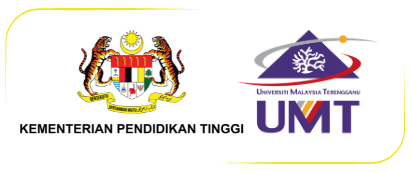UMT researcher Associate Professor Dr Shamsul Bahri Abd Razak has travelled to Brazil to learn more about the stingless bees, the subjects of his many studies.
Dr Shamsul Bahri said that Brazil had the highest distribution of stingless bees in the world with the Amazon forest located in the North East of Brazil and the Atlantic forest located in the South East having interesting and unique stingless bee habitat that could be studied.
To date Brazil stingless bee species that had been recorded were 300, compared to 79 species found in Malaysia and other South East Asian countries, he said.
During his ten-day trip, Dr Shamsul Bahri had the opportunities to visit several stingless bee-related places. One was EMBRAPA, Brazil agricultural research agency located in Jaguariuna, a two-hour drive from Sao Paolo. He received a few tips on the technique of sustainable multiplication of stingless bee colony from Dr Cristiano. Dr Shamsul managed to record eight species of Brazilian stingless bees there.
While at the Federal University of Uberlandia, Dr Shamsul Bahri attended a conference called 12th Bee Meeting as an invited speaker where he presented a paper entitled Meliponiculture in Malaysia.
Another place visited was one of the biggest stingless bee farm in Brazil having more than 3000 colonies. One observation made was that even though the size of stingless bees in Brazil was large, honey produced was not much, around 4kg/colony/month. In contrast, Malaysian stingless bees produced honey amounting to 20kg/colony/month. Dr Shamsul managed to record 17 species of Brazilian stingless bees there.
While in Brazil, Dr Shamsul Bahri held a discussion with Meliponas, the only Brazilian company that engaged in contract farming with Brazilian stingless bee farmers, to explore any possibilities of Malaysian stingless bee products entering Brazilian market or other countries.
“Overall, the trip to Brazil has provided new perspectives regarding stingless bee industry. Knowledge gathered there can really help improve the stingless bee industry here in Malaysia,” said Dr Shamsul Bahri.
Source – shamsulbahri@umt.edu.my
